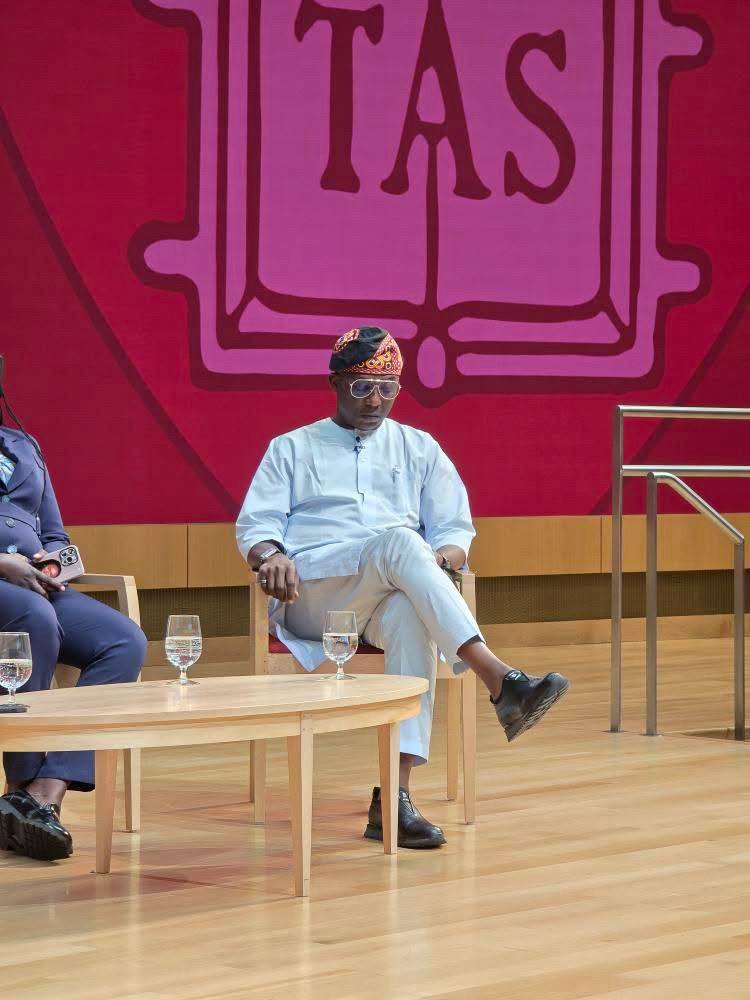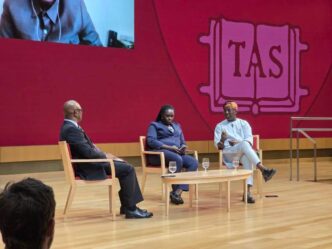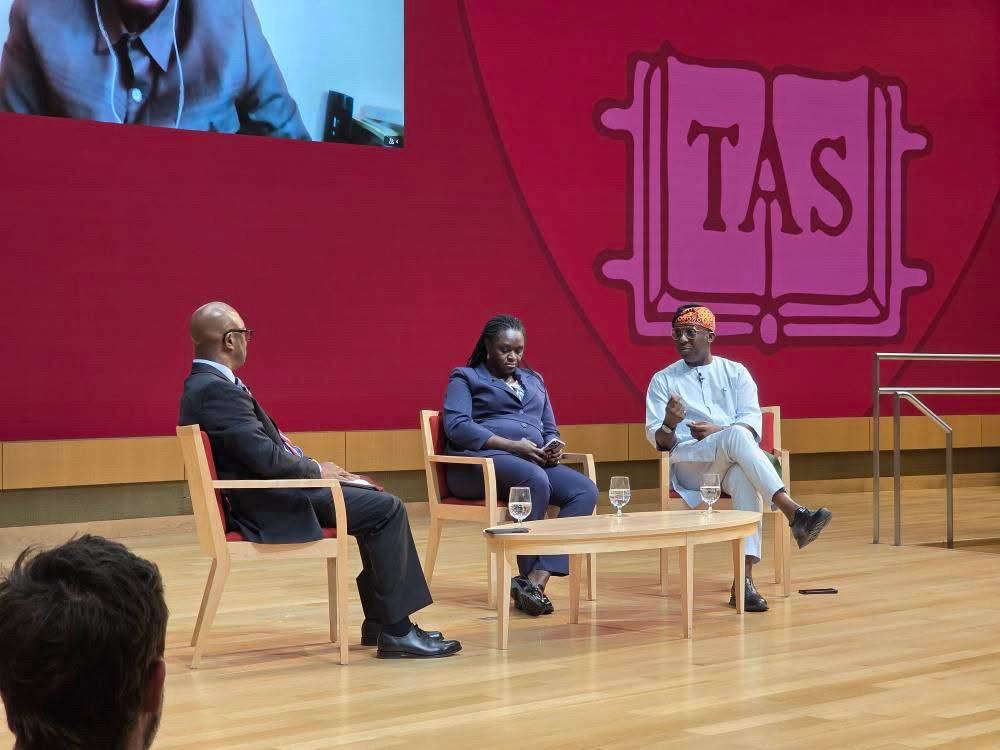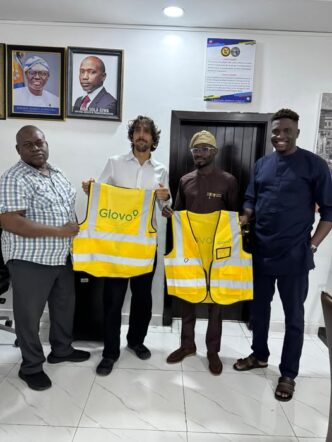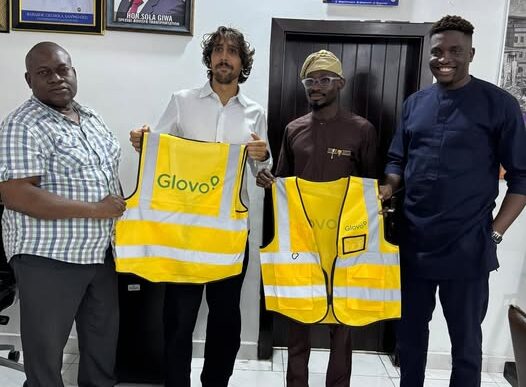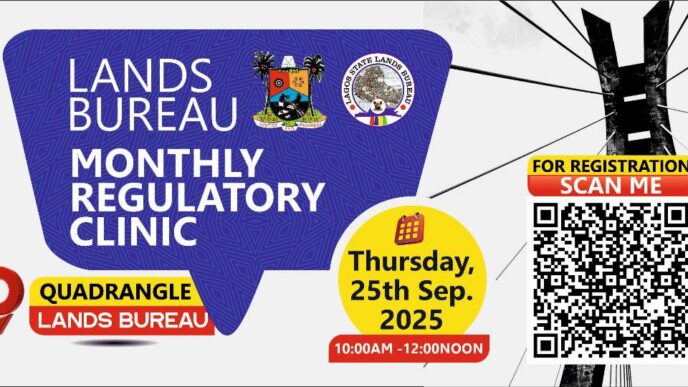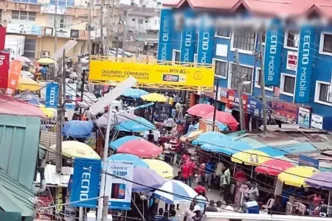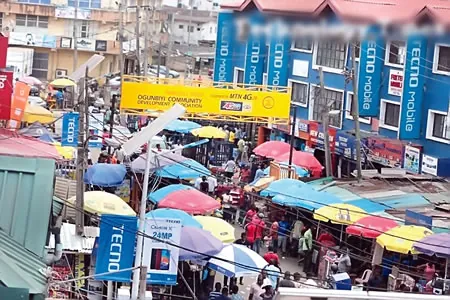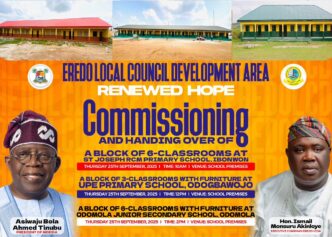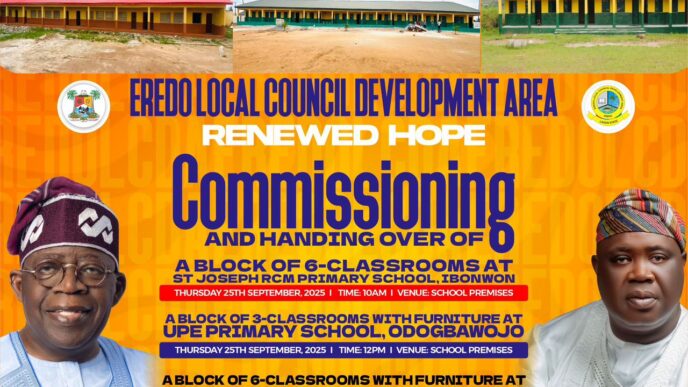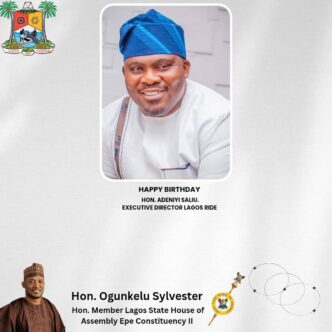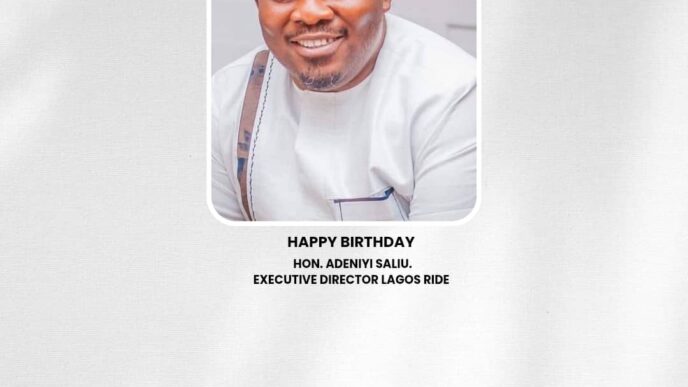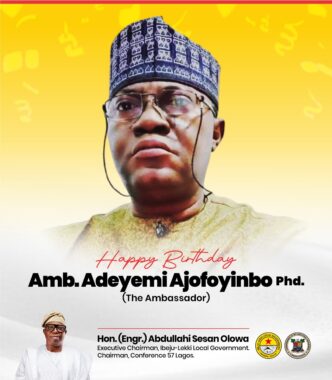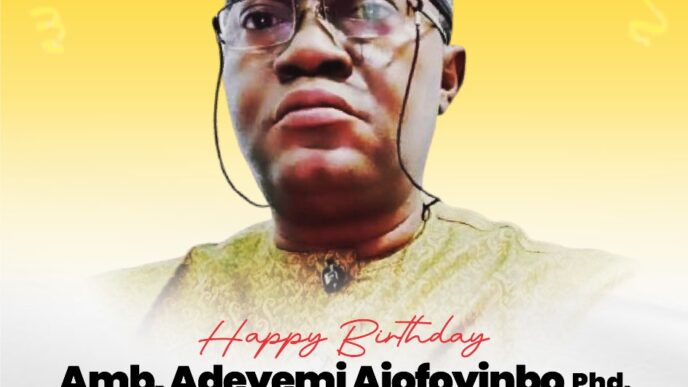The Lagos State Government has declared its readiness to collaborate with global investors on projects that will transform municipal waste into energy, wealth, and sustainable resources.
EpeInsights reports that the announcement was made over the weekend by the State Commissioner for the Environment and Water Resources, Mr. Tokunbo Wahab, during a panel session at the prestigious Harvard University Climate Action Week themed “Rising Seas, Resilient Communities, Climate Adaptation Strategies in West Africa.”
Wahab explained that Lagos, with its population of over 20 million residents generating about 13,000 metric tonnes of waste daily, has no choice but to innovate. According to him, the government’s vision is clear: waste must no longer be seen as a burden, but as a resource for wealth creation and clean energy.
“We now see waste as a resource for wealth, a resource for energy. The quantum of waste that ends up in our landfill sites will become very minimal whilst we convert our waste into a better resource,” he said.
The Commissioner revealed that Lagos has already completed two pre-feasibility studies on waste-to-energy and wastewater projects as part of its climate adaptation and resilience plans.
These studies, he stressed, demonstrate the administration’s seriousness in turning policies into action.
To back up its commitment, Wahab cited a landmark agreement signed 18 months ago with a Ghanaian company to process 4,000 metric tonnes of Lagos’ municipal waste into composite fertilisers, recyclable plastics, and transfer stations.
If successful, this initiative will also pave the way for the decommissioning of two of the state’s largest landfills — Olusosun and Solous.
“All these are symbols of progress through collaboration,” Wahab noted.
As a coastal megacity, Lagos faces severe climate change challenges such as sea level rise, heavy rainfall, flash flooding, and tidal lock. Wahab said the government is already strengthening drainage infrastructure, enforcing building regulations, and prosecuting those who destroy ecosystems or build illegally on floodplains.
He also called on citizens to play their part: “We tell citizens to desist from dumping municipal waste in drainage. It is a recipe for flooding.”
Wahab expressed concern over rapid land reclamation across Lagos. Geographic surveys show that the state’s landmass has expanded from 3,577 sq. km to 4,050 sq. km due to massive reclamation of wetlands and lagoon areas for real estate projects.
The Commissioner emphasized that the government is enforcing stricter measures: all reclamation projects must undergo Environmental Impact Assessments (EIA) and include a drainage master plan to demonstrate safe stormwater discharge.
Wahab’s message at Harvard was clear: Lagos is open for business with investors who share its vision of climate-smart infrastructure, waste-to-wealth opportunities, and resilient urban planning.
With policies and partnerships already underway, Lagos aims to set a model for other African coastal cities grappling with climate change, rapid urbanisation and the growing challenge of waste management.
